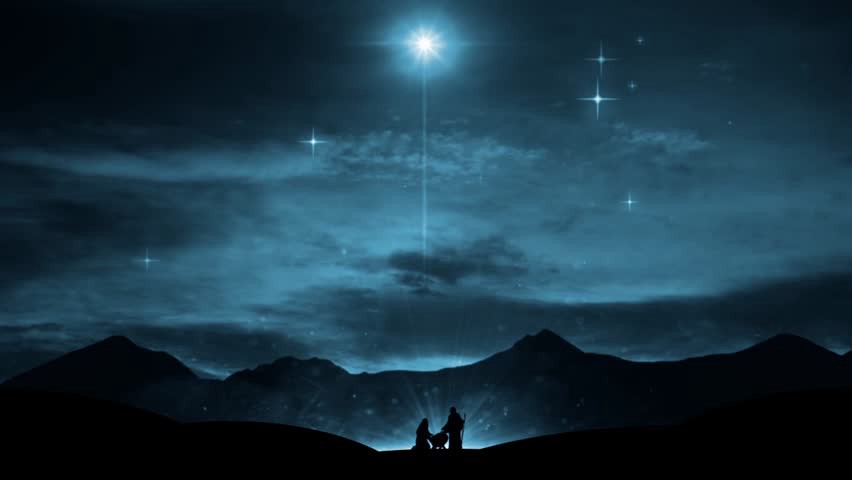
“And the Word came to be flesh and manifested his dwelling into us.” John 1:14
It seems only appropriate that the events surrounding the birth of the Christ would be surrounded by violence.
Our lives often seemed consumed by violence to the point of being nearly impossible to avoid. It’s everywhere. It’s being done unto as and often by us towards others. So, to read the parables of the birth of Christ seems like any other typical day. Maybe that’s the point.
If you know anything of my own story you know how I described my own journey of leaving ministry as an act of saving my own soul from destruction. It literally felt as if I was in this perpetual act of violence against myself, being all, I had known, living a life not mine to live anymore. I had surrounded myself by my own acts of violence towards myself, leaving in my path depression, emptiness, and a cavernous hole which seemed insurmountable. I had no place to go but down, to the depths of my own being, to the very soul being birthed within me, “the soul felt its worth”.
It’s only appropriate that the story which has captivated imaginations for two millennia has pointed us to this very place within ourselves through the culmination of the birth of the Christ consciousness. It seems only appropriate the glue which holds together the masculine and the feminine of the characters of Joseph and Mary is the Christ manifested in this dwelling, holding the two together as one, bringing together all which divides.
All choices presented to the two test their commitment to the Christ, along with every character who comes in contact. After conducting a little contact tracing, all points back to the birth of the Christ consciousness and the birth of the path towards your salvation. There is no returning to a life once lived upon this encounter, an encounter which redirects our lives from the inside out.
Change, though, anticipates something from all of them and us. All of the characters, like ourselves, must make a journey to the outskirts of our own soul. It’s a journey which empties us of all we know. We leave behind us an abyss-like hole just dying to be filled by all that surrounds us, fearing when taken all away, nothing remains but “I am” as “chains shall He break”.
So they arrive primed for something different. Mary and Joseph, shepherds, Magi from the East, all journey to the outskirts only to find them smack dab in the center of their being while beginning to see their lives through a different lens. Life has a way of doing that to us, choices which test all that we have known, pushing us off cliffs, scrambling to find our way back to safety.
Yet, there is no safety in this journey they point us towards, that the Christ points us towards. There’s huge risk for each of them and for us upon the encounter. Magi are told not to return to the “peace” of Herod, a false sense of peace at that; rather, told to go by a different way. The journey primed them and the encounter changed them forever. Mary and Joseph as well must flee the looming violence. Yes, they go to the outskirts but they take with them direction and purpose. The way each respond to the events is key. Rather than returning to the life they knew, they return changed.
Something happens in both the journey and the encounter. It’s not one or the other. Something happens through both. The journey primes and empties; the encounter changes the course of their lives.
We are all conditioned to go outwards in search of something, in search of ourselves, as if finding our place in the world. It’s the journey towards lostness, more often than not because it’s only half the journey. When we journey outward with nothing, so we believe, believing something beyond us will fill a void of not knowing who I am, we only drive ourselves further into a violent world. It becomes about changing the world and serving all. All are noble causes.
However, we do it from a place of searching rather than being. We become convinced that something out there will have the answers even though we’re simply running from our own embodiment of the Christ consciousness. It’s not to say we don’t need to do it. It’s in leaving that a summons home comes louder and with greater clarity, drawing us back to our own poverty, our emptiness, a crib lying barren awaiting our own birth of the Christ consciousness.
We can circle the globe over and over, and many times we will. It will always bring us back to the point where we left which becomes the point of return. It’s the soul catching a glimpse of its worth, waiting to hold space for all parts of us which have wandered away from our core. What’s at stake in this journey? The salvation of your soul and a life of fulfillment. We can search high and low, and we will, but what we’re looking for we already have. The journey will prime you; the encounter will change you. Upon it, there’s a point of no return. Like the “wise” magi, the encounter not only opens us to tremendous letting go and dying, it reveals a threshold to cross into a new way of life, a new path, and the birth of the Christ consciousness within us always led “by the light of faith serenely beaming”.
